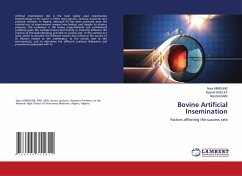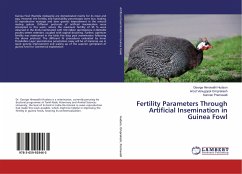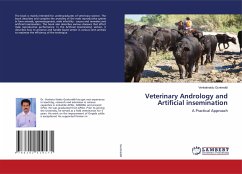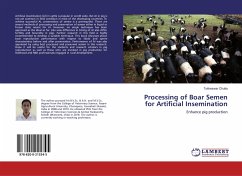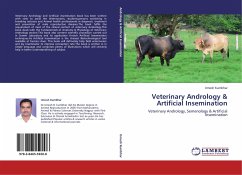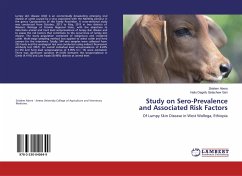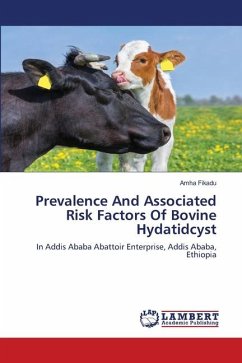Artificial insemination (AI) is the most widely used reproductive biotechnology in the world. It offers many genetic, sanitary, economic and practical interests. In Algeria, although AI has been practiced since the colonial era, its improvement remains very limited, and despite its obvious progress, this technique is still facing organizational and professional problems given the multiple factors that directly or indirectly influence the practice of this biotechnology and limit its success rate. In this context our work aimed to describe the different factors that influence the success of AI (Factors related to the inseminator, to the animal, and to the environment), and to determine the different practices (behaviors and procedures) associated with AI.
Bitte wählen Sie Ihr Anliegen aus.
Rechnungen
Retourenschein anfordern
Bestellstatus
Storno

